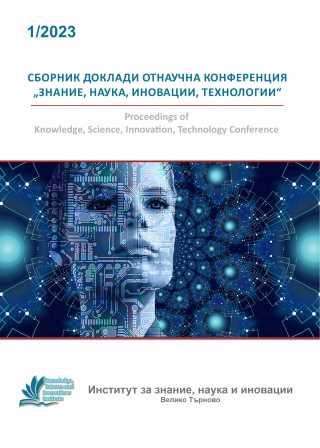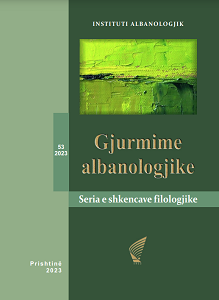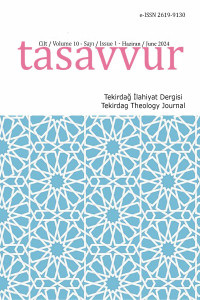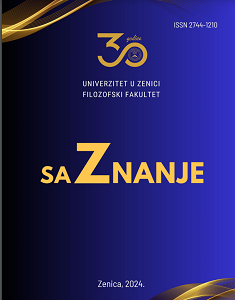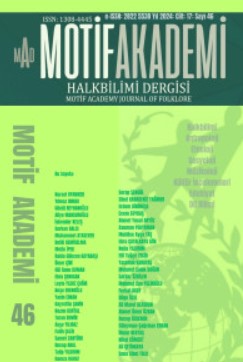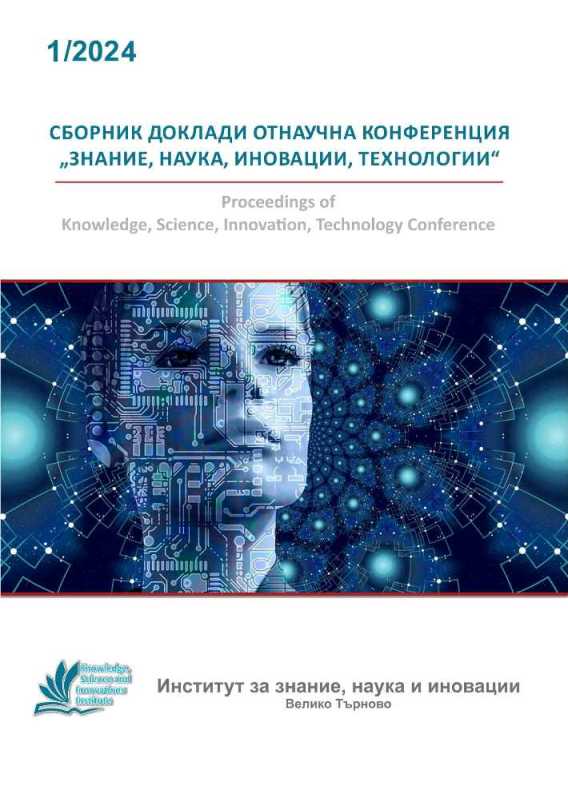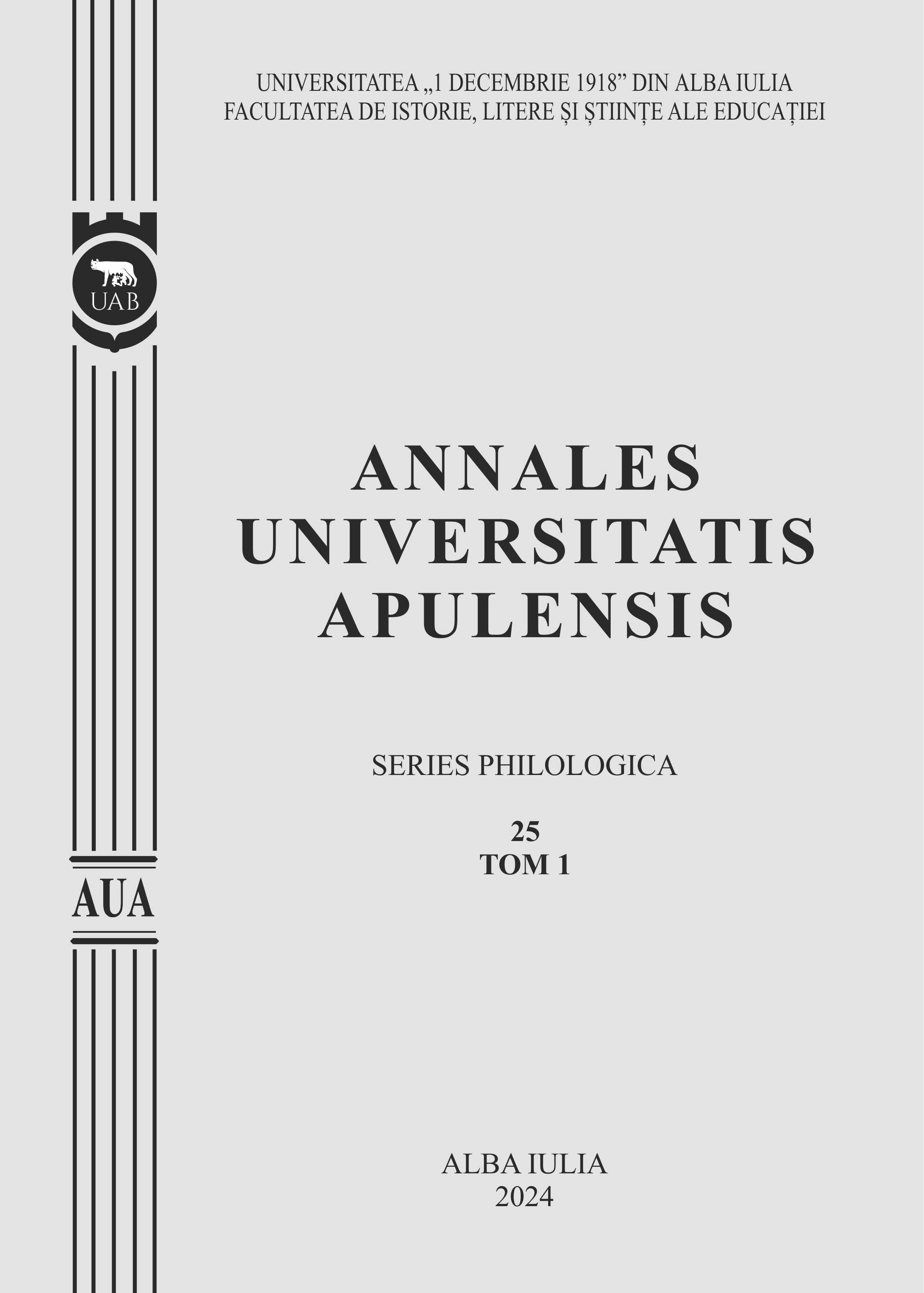Author(s): Gëzim Aliu / Language(s): Albanian
Issue: 53/2023
In this paper, we inquired and analyzed the use of narrators by a number of early Albanian prose writers. We also considered works that are not directly fictional, artistic prose, but that are also constructed through literary devises. It can be seen that the majority of authors choose and use the thirdperson narrator, for two simple reasons: 1) in the Albanian culture, the school of artistic prose writing, and the tradition of publishing artistic books appeared late, consequently the use of different types of narrators is rare, since such an undertaking is difficult, and 2) the use of thirdperson narrator gives great narrative opportunities, as it creates the possibility of authorial interventions in the entire structure of the text. Therefore, telling a particular story is easier when the classical narrator is chosen, who is not involved in the events of the narrated story world, but stands above, sees everything and to whom the author intervenes with thoughts, ideas and comments. The use of the third-person narrator by the majority of the authors whose works we discussed in this paper is almost entirely motivated. It happens that in some works, the narrative boundaries are violated, for example in Ndoc Nikaj’s novel “Besieged Shkodra” and in some stories by Migjen, when the narrator and the implied author are interrupted by the real author. However, the infringement is not such as to render the narrative structure non-functional. Meanwhile, from all these authors we mentioned, we find the greatest use of the first-person narrator in the stories of Kuteli, then in the stories of Kokona and of course in the diary novels “Why?” by Spasse, “If I Were a Boy” by Stërmilli and “Abyss of Love” by Greblleshi. In all these works, the use of the first-person narrator is motivated, and Kuteli, in his stories, uses it skillfully and with originality.
More...

